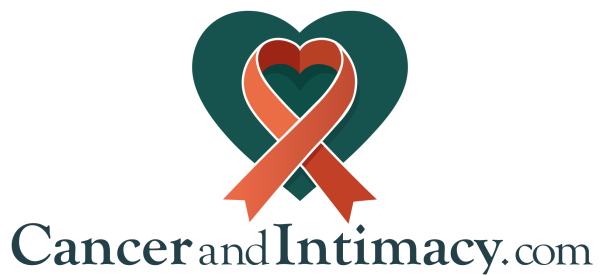Immunotherapy & Your Sexuality
Quick Overview
Immunotherapy helps the body’s immune system recognize and attack cancer cells. It’s an exciting and often life-extending treatment option, especially for advanced or hard-to-treat cancers. But while it doesn’t always target reproductive organs directly, it can still affect sexuality—both through its physical side effects and its emotional toll.
Unlike chemotherapy or hormone therapy, immunotherapy’s sexual effects tend to be indirect, unpredictable, and under-researched, which can make them even more confusing for patients.
Common Sexual Side Effects of Immunotherapy
Physical effects:
- Fatigue that deeply limits desire, arousal, or capacity for intimacy
- Hormonal imbalances as a result of immune-related side effects (e.g., adrenal or thyroid dysfunction)
- Joint pain, stiffness, or muscle aches that make movement or touch uncomfortable
- Rashes or skin sensitivity, especially in intimate areas
- Weight changes, digestive upset, or bloating that impact body comfort or confidence
- Disrupted sleep that lowers energy and libido
- Immune-related inflammation in organs that can affect overall well-being and vitality
Emotional & psychological effects:
- Anxiety about how long the treatment will last or how well it’s working
- Disconnect from one’s body, especially during long-term treatment
- Sadness, irritability, or fear that reduces emotional closeness
- Feeling “distant” or “shut down” sexually even without obvious cause
- Grief around not feeling like the “same person” as before
- Pressure to act “normal” when your erotic self feels completely unavailable
What You Can Do to Minimize or Manage These Effects
Here are supportive strategies that many oncologists may not proactively mention, either because they’re not trained in this area or because it’s not part of standard care protocols.
Education & Preparation
- Ask early on: What are the most common side effects of this immunotherapy?
- Know that fatigue and emotional flattening are common—even if they’re not always listed in a pamphlet.
- Prepare for ups and downs: immunotherapy is often cyclical or long-term. Sensuality may return in waves.
- Be open with yourself about what’s changed—without judgment. Immunotherapy can affect the whole body, not just one part.
Medical Interventions
- Work with your care team to track fatigue and hormone levels (especially thyroid, adrenal, and testosterone/estrogen).
- Ask about managing pain, rashes, or inflammation in ways that support physical closeness.
- If relevant, treat underlying symptoms like vaginal dryness, erectile challenges, or anxiety.
- Topical treatments, moisturizers, and anti-inflammatory medications may help with touch-related discomfort.
- Don’t wait until you’re “back to normal” to seek intimacy support—you can start wherever you are.
Lifestyle & Support
- Focus on nurturing touch, cuddling, skin-to-skin connection, and slow intimacy—especially when energy is low.
- Practice gentle daily rituals (like putting a soothing lotion on your own skin) to reconnect with your body.
- Use non-goal-based erotic tools—like audio fantasy, sensual breathing, or self-massage—by yourself or with a partner to stir desire without pressure.
- Include your partner in the process: share feelings and co-create intimacy that fits the moment.
- Explore body neutrality or body trust if body image is impacted by chronic symptoms.
- Find or create spaciousness for pleasure that doesn’t rely on high energy or performance. Pleasure comes in countless forms that don’t look like conventional, high energy, high friction, performative sexuality.
Questions to Ask Your Oncologist
- What side effects might impact my sexual or emotional intimacy?
- Will this treatment affect my hormones or libido? How?
- If I’m struggling with body discomfort or fatigue, what can help?
- Are there sexual health providers or counselors I can talk to?
- How long might these changes last, and what should I monitor?
